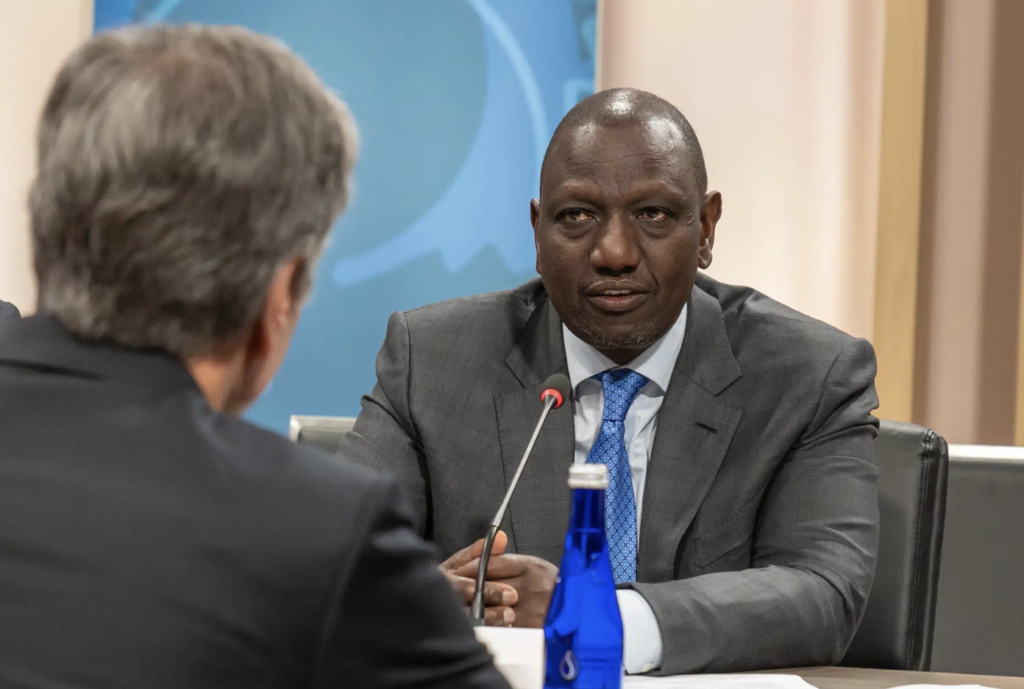
Nigeria: Nigeria’s June consumer inflation at 22.8% y/y was slightly below our expectations (Absa Research 22.9% and Bloomberg consensus 23.0%), although it was up 0.4pp from the preceding month. CPI rose 2.1% m/m in June (May: 1.9%), which was its steepest monthly increase in seven years. The higher print was not a surprise given the near-40% depreciation in the exchange rate following FX reforms and the removal of fuel subsidy at the end of May which sent petrol prices soaring.
Both the transport index and the food and non-alcoholic beverages (NAB) index rose 2.4% m/m in June (both rose 2.2% in May). As a consequence, food & NAB inflation rose to 25.1% y/y from 24.7% in May, while transport inflation stood at 24.8% from 23.9% in the prior month. Most other subcomponents saw faster increases in monthly inflation compared with the prior month. Oddly, despite the sharp depreciation in the exchange rate, imported inflation rose 1.8% m/m, the same pace as in May.
The core index rose 1.7% m/m, down from 1.8% in May. Nigeria’s inflation outlook remains somewhat uncertain as a result of the impact of fuel and FX reforms. In addition, central bank financing of the large fiscal deficit continues, while ongoing insecurity continues to impact agriculture production. Longstanding concerns about local food production and soaring food prices remain, with President Tinubu declaring a state of emergency on food on 14 July. He announced plans to step up security for farmers, using money saved from the removal of the fuel subsidy to provide fertilisers and grain to farmers, provide poor households with a NGN8000 (cUSD10) grant for a period of six months and clear forests for farmland to increase food production.
However, in the near term, food price pressures are likely to continue, with Russia’s suspension of the humanitarian corridor that supplies Ukrainian grains to global markets adding to Nigeria’s woes.
It is expect Nigeria’s inflation to rise to 25.6% y/y by the year-end, although we caution that upside risks are significant. Our projections show average inflation of 23.5% this year (2022: 18.8%) and 20.9% in 2024. As a result, we believe that there is room for another hike of 100bp in the policy rate at the next meeting scheduled for 24-25 July.
There is, however, risk of an unchanged policy rate given management changes at the Central Bank of Nigeria and the president’s stated preference to not fight supply-side driven inflation by hiking the policy rate.
Kenya: The IMF Executive Board yesterday completed the fifth review under EFF/ECF arrangements for Kenya, allowing for an immediate disbursement of USD415mn and bringing the cumulative disbursements under the arrangements to date to USD2bn. The Board also approved modification of program conditionalities, waivers of non-observance of the continuous performance criteria on accumulation of external arrears, and the end-June 2023 tax revenue target due to corrective measures taken by the authorities.
The IMF noted that the Kenyan economy has been resilient despite the difficult external environment and severe drought conditions but warned that global headwinds could continue to weigh on economic activity in the near term. The Board urged authorities to deploy contingency plans to preserve the fiscal stance amid recent challenges in resource mobilisation. The Fund encouraged the Central Bank of Kenya to continue taking appropriate steps to strengthen its reserves position and deepen the FX market while allowing exchange rate flexibility to act as a shock absorber.
GDP growth is expected to pick up to 5.0% in 2023 (2022: 4.8%) and 5.3% in 2024. Meanwhile, inflation is projected to average 7.8% in 2023 (2022: 7.6%) and ease to 6.6% in 2024. Debt-to-GDP is forecast to decline to 68.5% in 2024 from 70.6% in 2023

